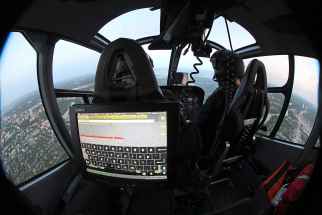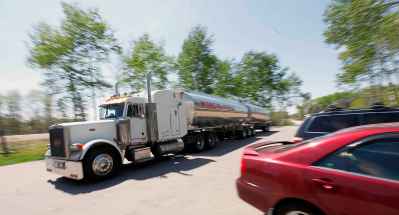Under financial scrutiny, Air-1 could secure a future with firefighting
Read this article for free:
or
Already have an account? Log in here »
To continue reading, please subscribe:
Monthly Digital Subscription
$0 for the first 4 weeks*
- Enjoy unlimited reading on winnipegfreepress.com
- Read the E-Edition, our digital replica newspaper
- Access News Break, our award-winning app
- Play interactive puzzles
*No charge for 4 weeks then price increases to the regular rate of $19.00 plus GST every four weeks. Offer available to new and qualified returning subscribers only. Cancel any time.
Monthly Digital Subscription
$4.75/week*
- Enjoy unlimited reading on winnipegfreepress.com
- Read the E-Edition, our digital replica newspaper
- Access News Break, our award-winning app
- Play interactive puzzles
*Billed as $19 plus GST every four weeks. Cancel any time.
To continue reading, please subscribe:
Add Free Press access to your Brandon Sun subscription for only an additional
$1 for the first 4 weeks*
*Your next subscription payment will increase by $1.00 and you will be charged $16.99 plus GST for four weeks. After four weeks, your payment will increase to $23.99 plus GST every four weeks.
Read unlimited articles for free today:
or
Already have an account? Log in here »
Hey there, time traveller!
This article was published 23/05/2018 (2761 days ago), so information in it may no longer be current.
Fighting fires isn’t what Kelly Takatch signed up for when he became co-ordinator of the Winnipeg Police Service’s oft-criticized helicopter unit.
But firefighting might just help secure a future for the so-called Air-1, amid a looming feasibility review that threatens to spark the end of the $3.5-million chopper.
In particular, the unit has been busy during a tinder-dry May, racking up assists on at least 10 of the fires that have kept the Winnipeg Fire Paramedic Service on its toes.
Air-1 assists with city fires (May 1-8):
— First 100 block of Spence Street
— Redonda Street and Paulley Drive
— 500 block of Spence Street
— 700 block of Crescent Drive
— Transcona Bioreserve
— Day Street and Gunn Road
— 2500 block of Day Street
— Main Street and St. John’s Avenue
— First 100 block of Whiteshell Avenue
On May 14, for example, while searching for a missing person near city limits, Air-1’s infrared camera spotted a brush fire. It radioed the location to the WFPS, which moved to put out the blaze before it got out of hand.
“Other officers, other agencies, they can see the advantages of Air-1, and they call upon our assistance all the time. The fire department is one, RCMP is another, (Manitoba) conservation, and we’re always looking at expanding,” Takatch said.
With a number of recent wins in the ever-broadening scope of operations for the helicopter, the Free Press had a front-row seat Tuesday for a night patrol high above the city, amid the heat wave and lingering worries about wildfires.
The night was clear and cloudless. The flight crew filled the cramped cockpit, as they monitored near-constant radio chatter.
From above, Winnipeg was little more than a map laid out below, with houses, backyards, swimming pools and cul-de-sacs forming suburban mazes; or downtown, where the city’s tallest buildings extended up in the sky, with major roadways and rivers snaking to the city’s heart like arteries.
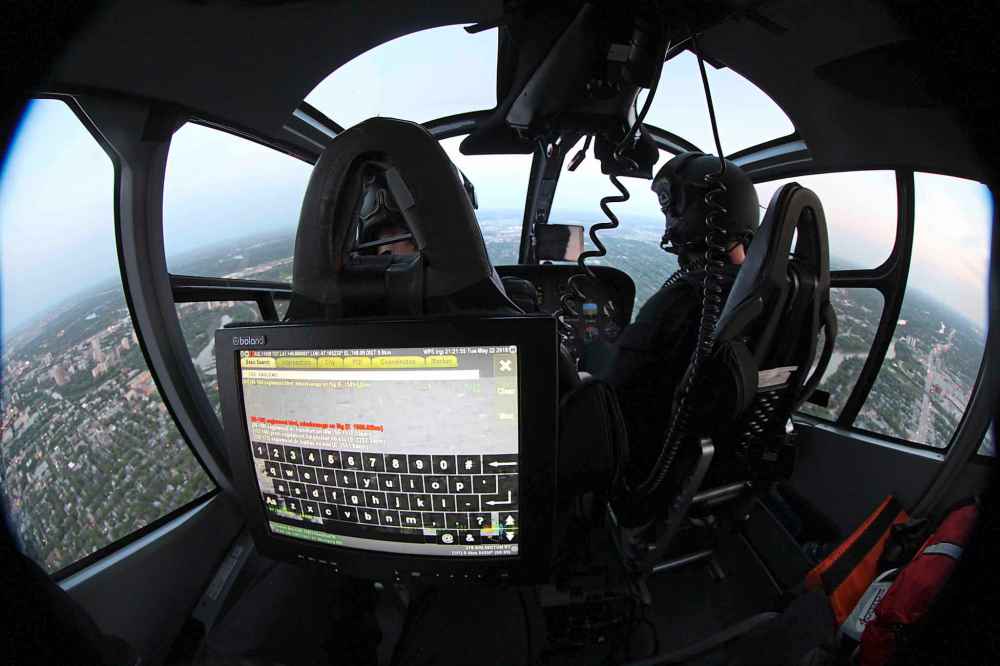
While the unit didn’t discover any fires for the hour-and-a-half the Free Press was up in the air, the calls crackled over the radio one after another: domestic disputes; suicide threats; robberies; traffic stops; assaults; armed home invasions.
“Most nights, it’s just go, go, go, go, go, go. We’re not up there just flying around, we’re working. Let’s say we go on three flights in a night. I would say you might see about 20 to 30 calls,” Takatch said.
Around 10:30 p.m., having responded to a handful of calls, including two home invasions — one reportedly involving a sawed-off shotgun — and an assault, Air-1 headed back to the hangar to refuel. As the helicopter touched down, the radio chatter continued to crackle, with a dispatcher requesting Air-1’s assistance.
“The calls almost never stop,” Takatch said. Within 10 minutes, the helicopter would be refuelled and back in the air.
On the ground, the political terrain is much harder for Takatch and his team to navigate.
In March, the WPS announced it was requesting proposals for an external review on the financial feasibility of Air-1, which cost $1.8 million in 2017.
Takatch and his small, tight-knit team think their critics — who say the results aren’t worth the price tag — are short-sighted and fail to recognize the value the unit brings to city police, as well as the money it saves taxpayers in the long run.
Call responses by Air-1 in 2017 (top 10):
Well-being: 190
Traffic stop: 175
Break and enter: 167
Suspicious person: 162
Domestic disturbance: 145
Firearms: 100
Alarm: 94
Assault: 85
Suicide threat: 76
Disturbance: 65
“Winnipeg is a much safer city with Air-1 in the air every night, and I think that’s something people need to understand. It gives the department a different dimension in terms of how we view the city, how we patrol the city and how we keep citizens safe,” Takatch said
“Everyone that works in this unit wants to see (it) succeed, and we are succeeding. We believe in what we’re doing. We do have naysayers, but I believe it’s the vocal minority,” he said. “I think if you asked the majority of citizens, they like the fact we’re up there every night, working every night, patrolling every night.”
Nonetheless, Takatch admits the true value the $3.5-million helicopter brings to city taxpayers is hard to quantify, particularly in regards to decreased police overtime and investigation costs, as well as helping speed up the court system with open-and-shut criminal cases.
(imagetagFull)
How difficult that cost-benefit analysis is, as well as how vocal some critics have been, is one reason city police are now moving on an outside review of the operation. While the precariousness of the situation isn’t lost on Takatch, he said his team welcomes the review.
“Sometimes, when you have these things hanging over your head, it’s not the most comfortable thing. Sometimes, it feels like we have to unfairly justify our existence. But we believe we’re going to come out of the review looking good,” he said.
“We’re confident it’s going to be positive. It’s an expensive tool to utilize, but I think effective policing can be expensive.”
ryan.thorpe@freepress.mb.ca
Twitter: @rk_thorpe
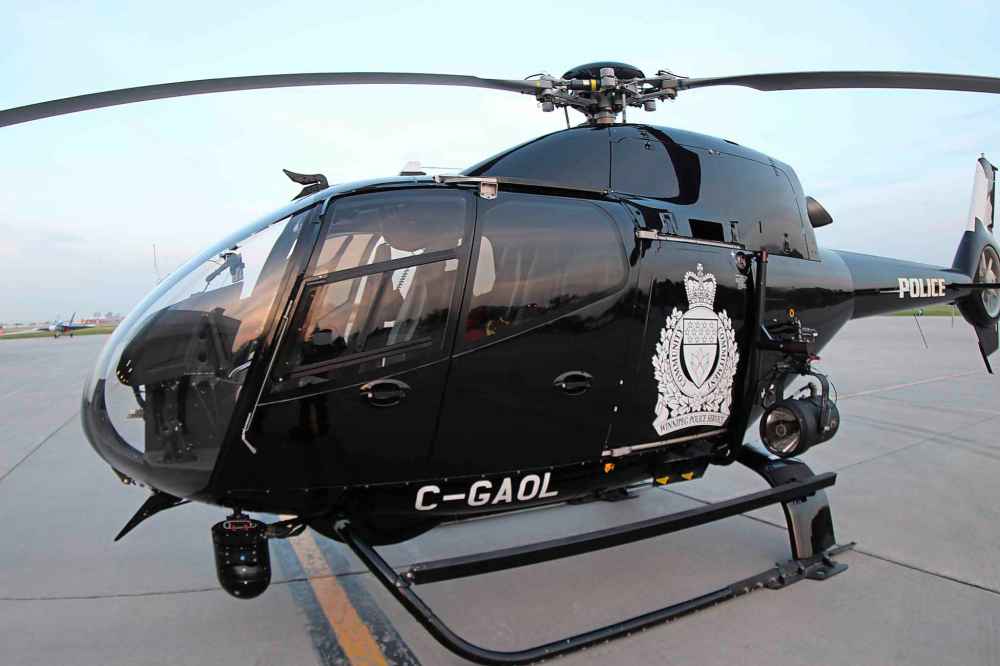
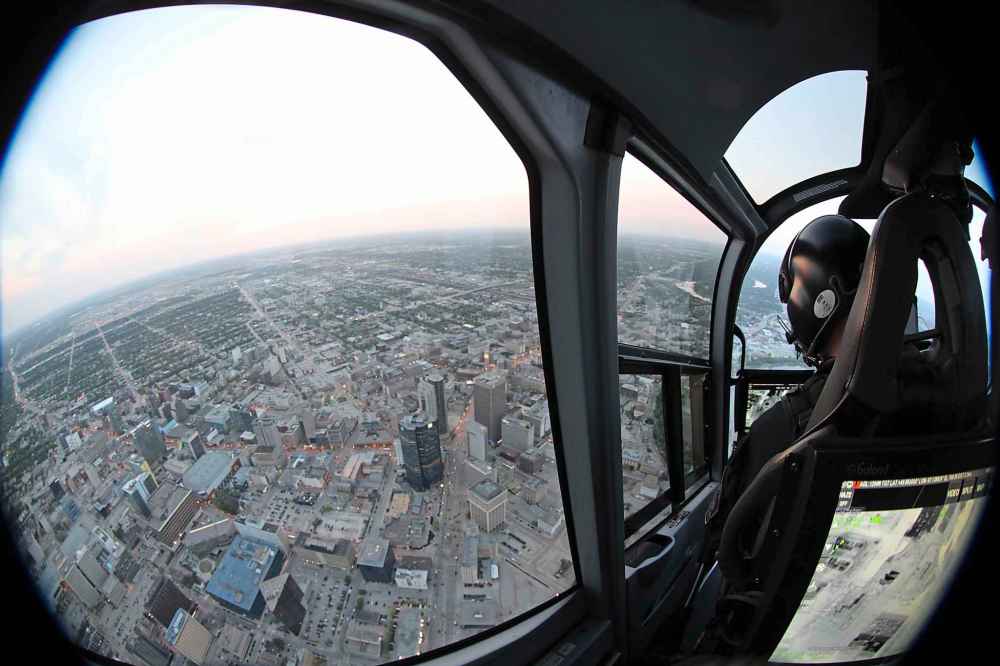
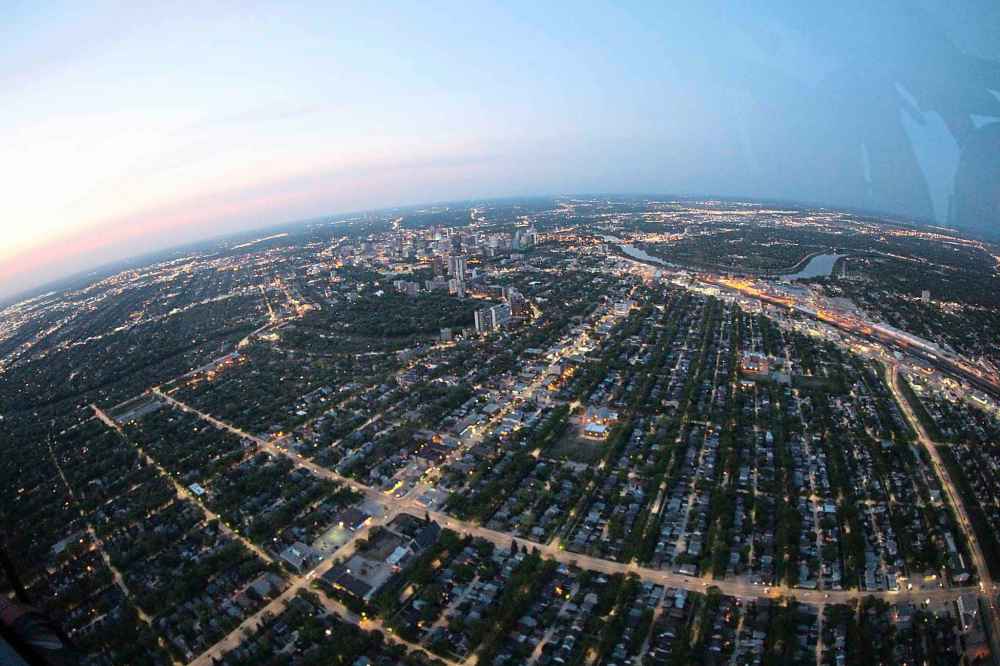
Outside agencies Air-1 has assisted:
Department of National Defence
RCMP
Manitoba Justice
Manitoba Finance
Manitoba Natural Resources
Manitoba Integrated Organized Crime Unit
Morden Police Service
Ste. Anne Police Department
Transport Canada
Transportation Safety Board
CN Police
Winnipeg Fire Paramedic Service

Ryan Thorpe likes the pace of daily news, the feeling of a broadsheet in his hands and the stress of never-ending deadlines hanging over his head.
Our newsroom depends on a growing audience of readers to power our journalism. If you are not a paid reader, please consider becoming a subscriber.
Our newsroom depends on its audience of readers to power our journalism. Thank you for your support.

